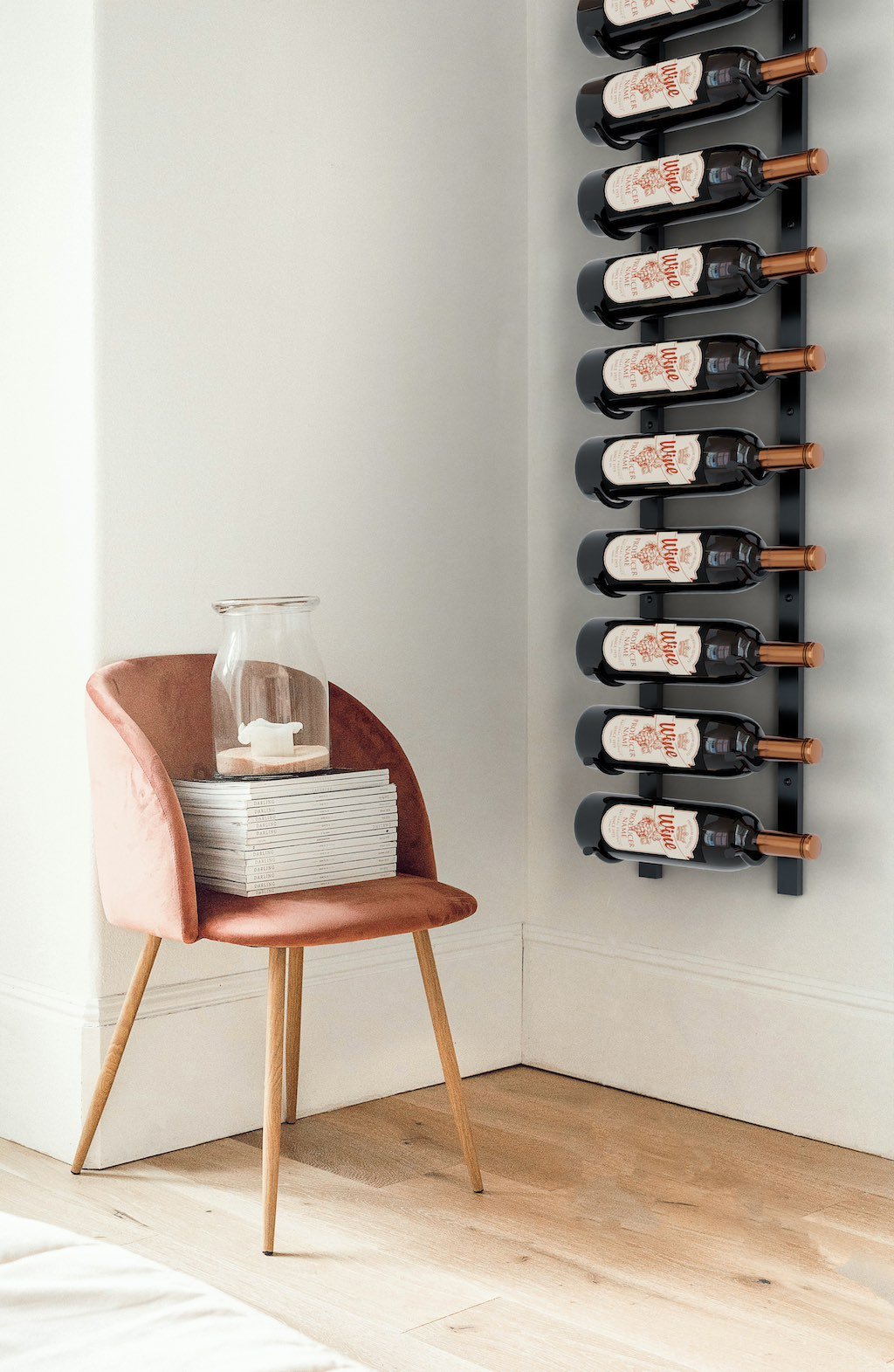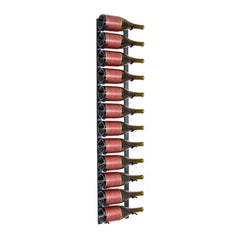One of the greatest joys is talking to our fellow wine enthusiasts about their growing collections and what bottles they are excited to get ahold of this season. Searching for those special bottles of wine, wherever they might come from, is a simple pleasure we love.
Curating a wine collection unique to your tastes is one of the most enjoyable aspects of learning about and enjoying wine. However, wine storage is crucial. Wine can last for decades if properly stored. It increases in value and quality with time.
Even the world's best wines can be ruined by bad storage. Improper storage of wine can affect the flavor and quality. So, remember to store your new wine the RIGHT way.
How do you properly store wine at home?
As wine experts, we’re giving you a few common-sense guidelines that will keep your wines at their optimum. It ensures that your wines stay at their best.
Store at the Right Temperature
-
Storing your wine at the right temperature is crucial to retaining the quality of the wine. If it's too hot or too cold, you'll risk spoiling the wine.
-
On the extremes, never store your wine below -4 Celsius and never above 20 Celsius.
-
Sweet & Sparkling: Around 8 degrees
-
White Wine: Around 10 degrees
-
Red Wine: Around 15 degrees
-
Try not to let the temperature fluctuate.
Store Wine Bottles with a Cork Horizontally
-
Keeping wine bottles with a cork lying on its side will keep the wine in contact with the cork and keep the cork from drying out. If the cork dries, air will be let in, and the wine will oxidize.Our wall wine racks store your bottles vertically
Store Wine Bottles with a Screw Cap Vertically
-
Screw caps mean no cork. If no cork needs to be in contact with the wine, you're sealed!
-
It can still be stored on its side for space and access.
Keep Wine Bottles Away from Light
-
Natural sun or artificial light can heat the wine, and it'll become stale, old, and unpleasant flavors reveal themselves.
-
Keep your wine in the dark spaces.
Keep Wine Bottles away from Heavy Vibration areas
-
It's best to store wine in an area that will remain undisturbed. Vibrations disturb the sediment and can affect how well wine ages over time.
Store at the Right Humidity
-
At low humidity the cork can dry out and become susceptible to oxidation. Affects the quality of the wine itself. At high humidity your labels will start to peel, and condensation issues in your cellar will affect the quality of the wine.
-
Humidity should be between 60%-70%, NEVER below 50%
If you missed a thing or two in the checklist above, you could now align your steps and make your wine storage more efficient. As Julia Child said, "Wine is a living liquid containing no preservatives. Its life cycle comprises youth, maturity, old age, and death. When not treated with reasonable respect, it will sicken and die. "


